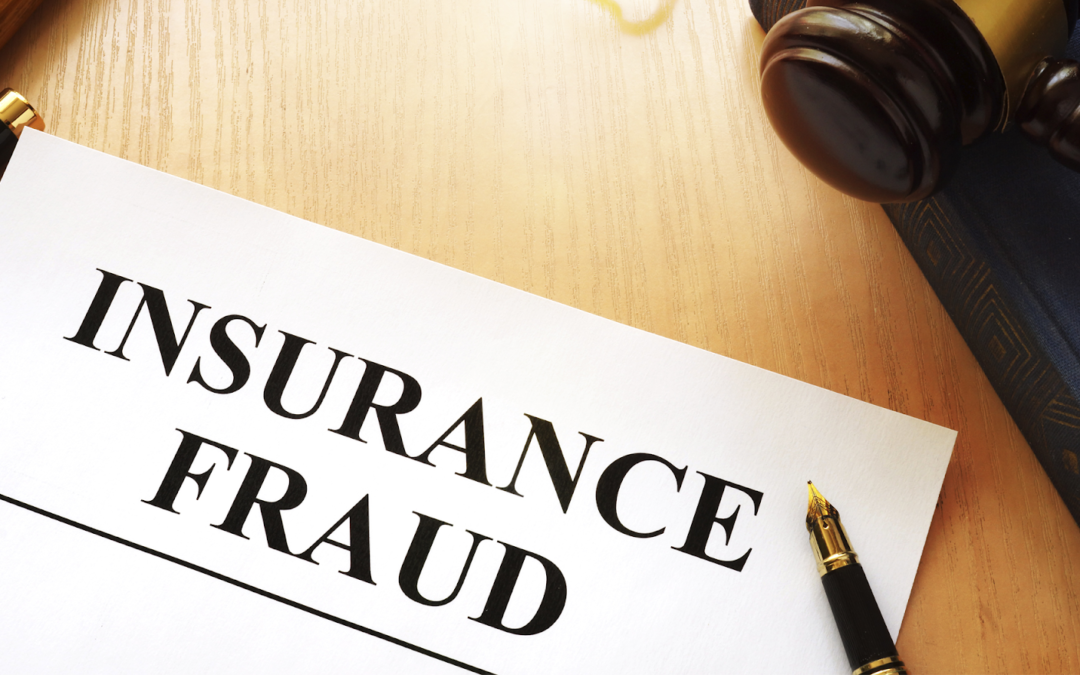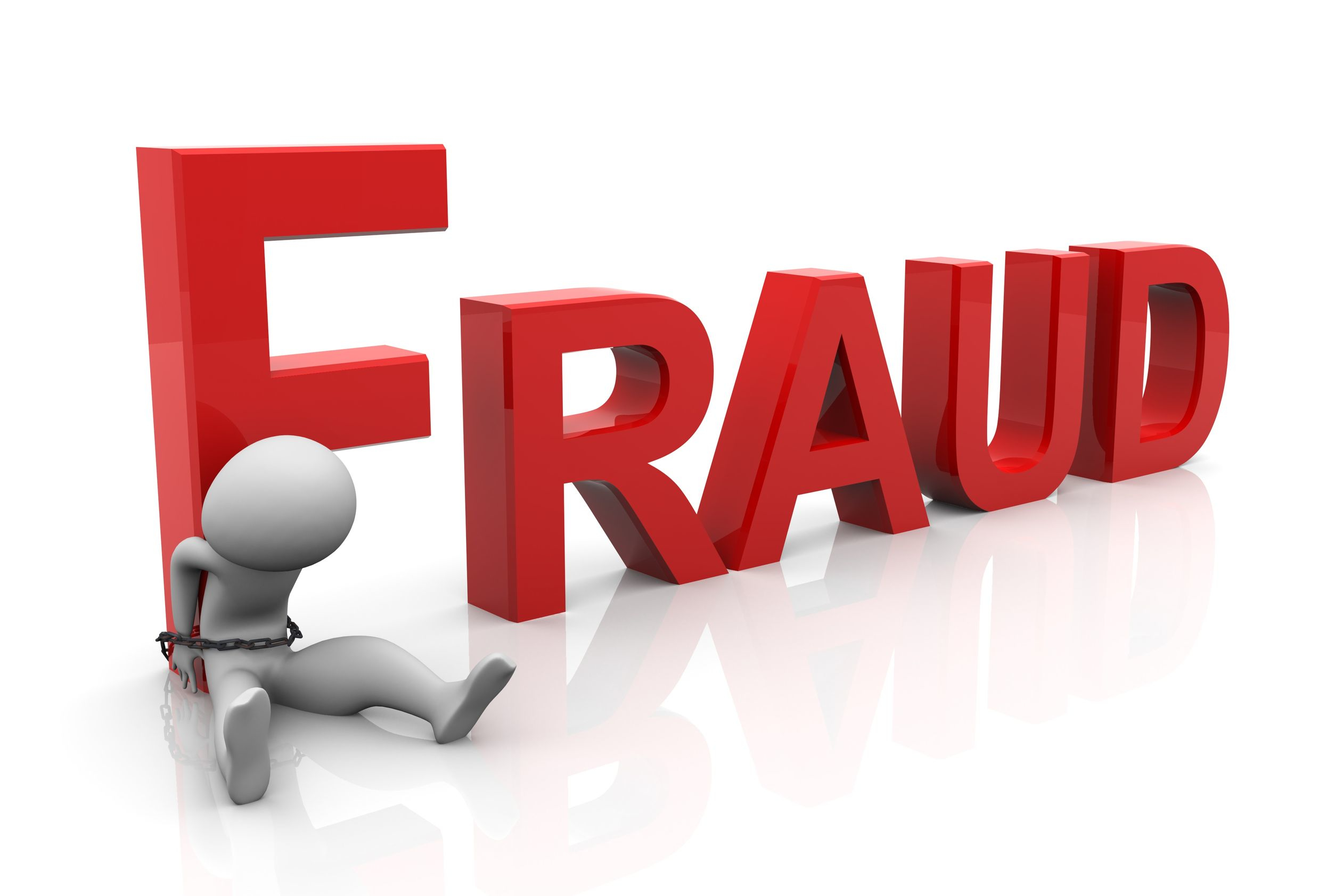Insurance fraud poses a significant challenge to the integrity of insurance systems worldwide. To combat this threat, insurance companies rely on skilled professionals known as insurance fraud investigators. These individuals play a vital role in uncovering fraudulent activities, protecting the financial interests of both insurers and policyholders, and ensuring the stability of the insurance industry. In this article, we delve into the crucial responsibilities, skills, and methods employed by insurance fraud investigator to detect and prevent fraudulent claims.
Contents
The Menace of Insurance Fraud
Insurance fraud comes in various forms, from exaggerated injury claims in auto accidents to fabricated damage reports in property insurance. These fraudulent activities impose substantial financial burdens on insurance companies, leading to increased premiums for honest policyholders. Insurance fraud investigators are on the front lines, diligently working to mitigate these threats and maintain the credibility of the insurance sector.
Defining the Role of an Insurance Fraud Investigator
An insurance fraud investigator is a specialized professional tasked with uncovering fraudulent claims, verifying the accuracy of reported incidents, and collecting evidence to support legitimate claims. These investigators work for insurance companies, government agencies, and private firms, employing a combination of skills and techniques to expose deceptive practices.
Key Responsibilities of an Insurance Fraud Investigator
Case Evaluation: Investigators review suspicious claims and assess the likelihood of fraud based on inconsistencies, discrepancies, or unusual patterns.
Surveillance: Conducting surveillance operations to monitor claimants’ activities and verify the accuracy of reported injuries or damages.
Interviews: Interviewing claimants, witnesses, and involved parties to gather relevant information and identify potential discrepancies.
Document Review: Scrutinizing medical records, police reports, and other documents to identify inconsistencies or signs of fraud.
Data Analysis: Utilizing advanced data analysis tools to detect patterns, anomalies, or trends indicative of fraudulent activities.
Collaboration: Collaborating with law enforcement agencies, legal professionals, and insurance adjusters to build cases against suspected fraudsters.
Essential Skills and Qualities of an Investigator
Analytical Skills: Investigators must possess strong analytical abilities to dissect complex cases, identify inconsistencies, and connect seemingly unrelated pieces of information.
Attention to Detail: Meticulous attention to detail is crucial for recognizing subtle discrepancies or irregularities that could indicate fraud.
Communication Skills: Effective communication is essential for conducting interviews, documenting findings, and presenting evidence in court if necessary.
Technical Proficiency: Familiarity with data analysis software, surveillance equipment, and investigative techniques is essential in the modern landscape of insurance fraud detection.
Ethical Conduct: High ethical standards are paramount to ensure investigators adhere to legal and professional guidelines while collecting evidence and conducting investigations.
Methods Employed by Insurance Fraud Investigators
Surveillance: Investigators may discreetly monitor claimants’ activities to verify the legitimacy of their claims and gather evidence.
Background Checks: Thoroughly examining claimants’ backgrounds, including criminal records and past insurance claims, to identify potential red flags.
Interviews and Interrogations: Skillful interviewing techniques are employed to elicit information and detect inconsistencies.
Data Analysis: Utilizing data analytics tools to identify patterns, trends, or anomalies that may indicate fraudulent activities.
Covert Operations: Employing undercover operations to gather evidence in cases where traditional methods are insufficient.
Insurance fraud investigators play a vital role in safeguarding the financial stability of insurance systems and protecting the interests of honest policyholders. Through their diligence, analytical skills, and commitment to ethical conduct, these professionals contribute to the prevention and detection of fraudulent claims, ensuring the integrity and longevity of the insurance industry.



